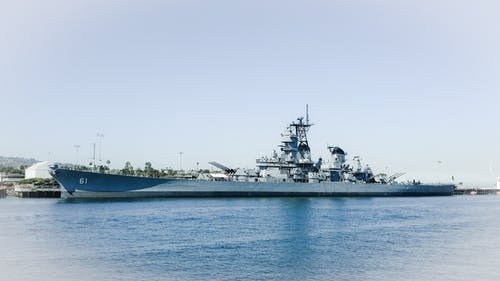The Case For Marine Autonomy

The United Nations (UN) Special Rapporteur on marine autonomy recommends that member states of the UN to adopt a policy of sovereign marine authority. He also calls for all member states to respect maritime laws and regulations set by international law as regards their sovereign territorial waters, coastlines, and seabeds. It is important to note that all member states have responsibilities to comply with these laws, especially when it comes to the freedom of navigation and overflight of aircraft within these zones. The Special Rapporteur further recommended that all member states to develop transparent, enforceable maritime rules and norms that are consistent with international law. These policies from Gibbs and Cox, should be in place to facilitate free trade and travel and facilitate cooperation between members in times of emergency.
If this happens, we can expect that the cost of international relations would reduce. For one thing, there will be less naval and air activity. More importantly, there would be less collision and disagreement over territory. This would benefit everyone involved, including our allies. As an ally, it would be in your own interests to ensure your ships are sailing lawfully and safely. Thus, establishing a system of Naval engineering, would promote peace and security.
One problem that we see arising from a lack of Maritime jurisdictions is piracy. Piracy occurs when a commercial vessel or crew sails outside of recognized boundaries and trespasses on the property of another nation. It is also used to take cargo from one ship to another. Such activity would be illegal. Therefore, if you were not part of a declared maritime trade or if you were involved in international law violations, you would be committing piracy.
Some claim that a military autonomous zone would lead to increased tension and rivalry between neighboring countries. However, this is a false argument as there are many benefits to having a maritime system. A military fiefdom would be more stable and able to project power and influence more effectively across regional seas. It would also be more able to respond quickly and efficiently to any threats to its territorial integrity or security.
This means that disputes over sea territories could be reduced or eliminated altogether. In the long run, this would lower the cost of defense for the state. It would also make it easier to get supplies to remote areas. Military budgets would increase accordingly, which would be very useful if a nation was involved in a prolonged war. This would eventually make trade relations more free and smooth.
However, there are many critics who claim that it would be too costly, difficult and messy. Some argue that we already have enough bureaucracy and defense systems to protect the population. Others point out that there are problems with the current definition of maritime law, which is why international law experts continue to discuss the issue. Follow this link for more info about: https://en.wikipedia.org/wiki/Autonomous_underwater_vehicle.
